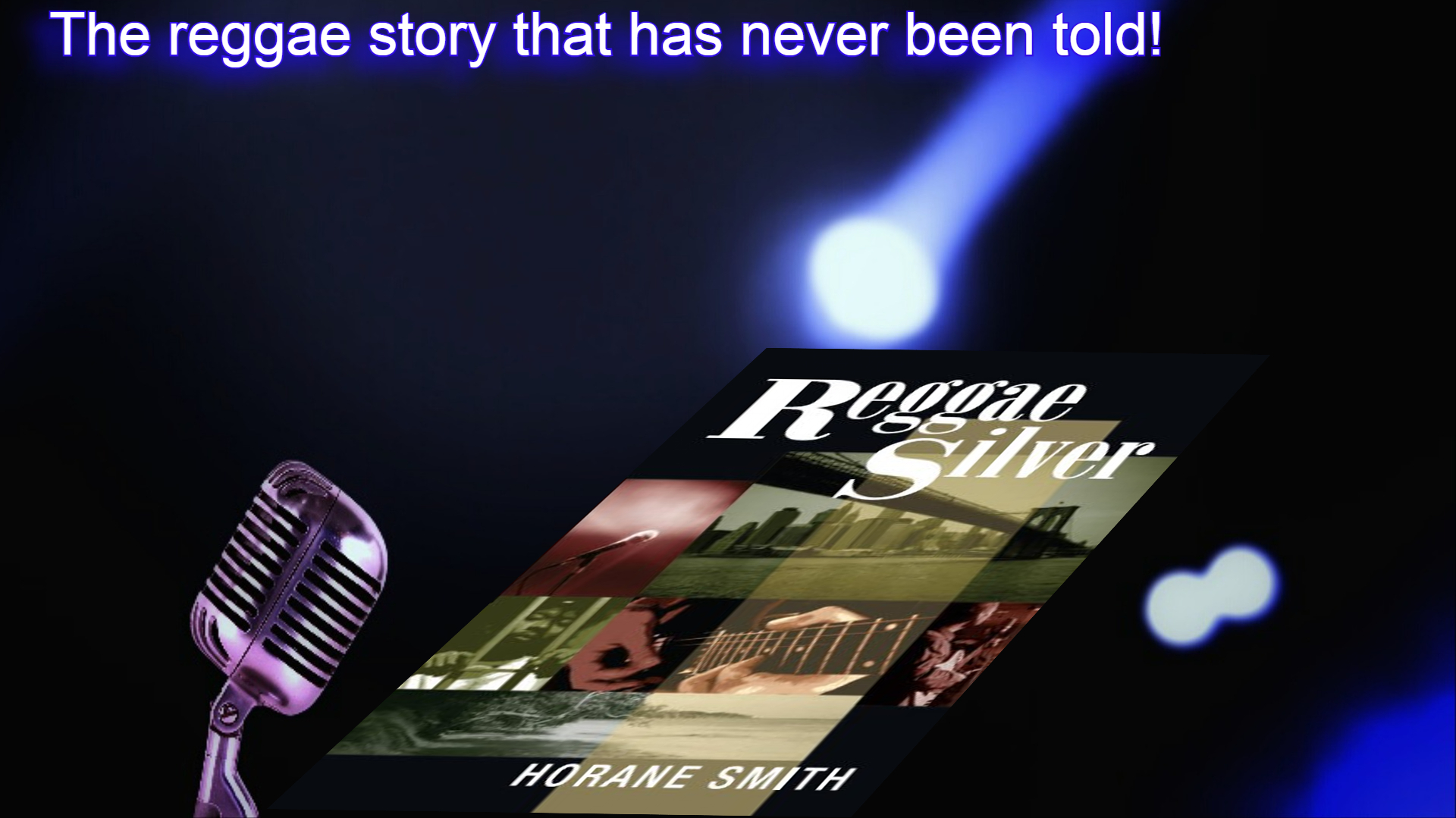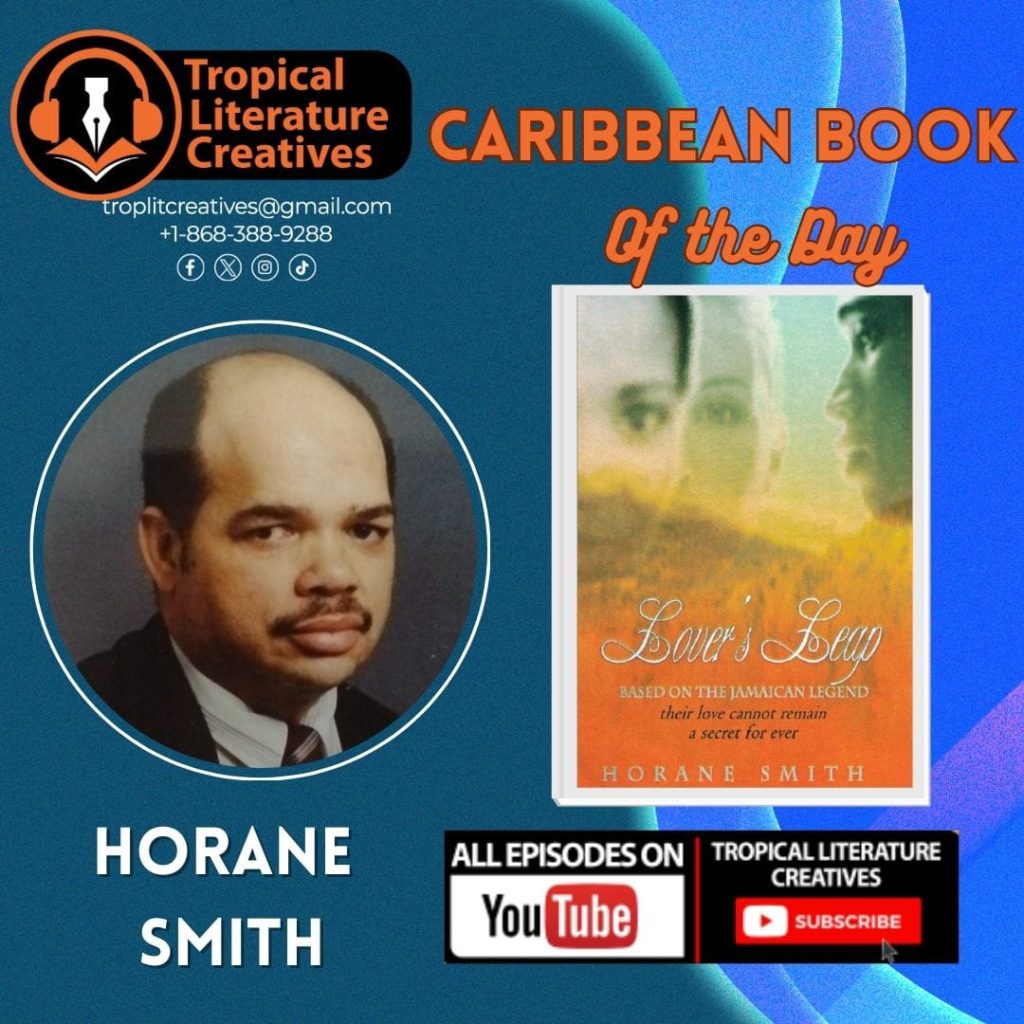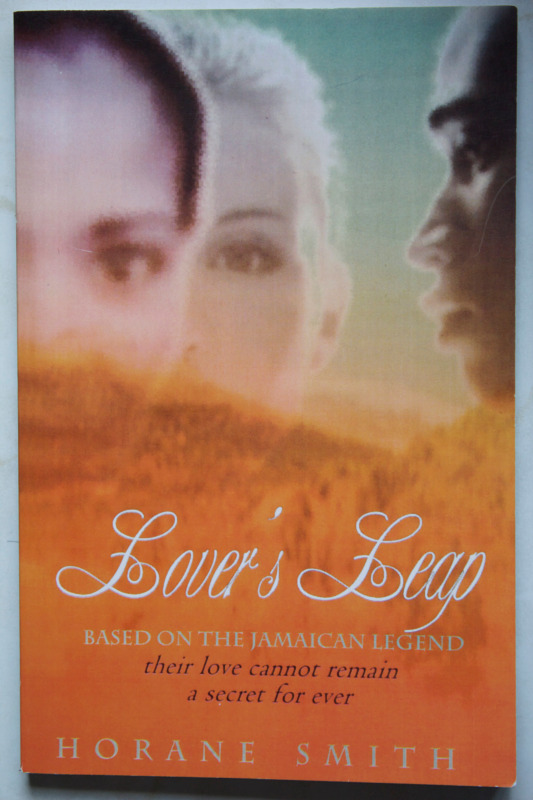
Celebrations abound for Horane Smith, the esteemed writer and former news editor of the now-defunct Jamaica Broadcasting Corporation (JBC). Smith recently received recognition through nomination as a Finalist in the prestigious US Booknews Best Book Awards for his outstanding contribution to Historical Fiction.
With an impressive repertoire of 14 published books under his belt, Smith stands on the brink of releasing his 15th novel, later this year “The Queen’s Plate,” through Baymar Publishers. His literary prowess has garnered praise from esteemed scholars, who commend his ability to breathe life into historical narratives, shedding light on obscured truths and forgotten tales.
Reflecting on his latest work, “Reggae Silver,” I found myself immersed in the gritty underworld of reggae music, a realm often entangled with complexities, crime, and violence. Smith masterfully pilots this landscape, painting a vivid picture of the challenges faced by newcomers seeking success in an industry rife with corruption and exploitation. Through the protagonist’s journey, Smith highlights themes of forgiveness, redemption, and the enduring power of love and family amidst adversity.
While tempted by the allure of wealth and fame at the hands of top producers, I couldn’t help but empathise with the protagonist’s moral dilemma. Much like Smith’s exploration of the music industry’s underbelly, “Reggae Silver” serves as a poignant reminder of the moral choices we face and the triumph of integrity over temptation.
In hindsight, perhaps “Reggae Gold” would have been a more fitting title, symbolising the protagonist’s ascent from the depths of injustice to reclaim his rightful place in society through sheer talent and resilience.
As I embark on a journey to explore Smith’s literary body of work, committing to devouring one book a month, I am reminded that this feat is no small undertaking. Each of Smith’s works promises to offer a unique perspective on history, culture, and the human experience, leaving an indelible mark on readers worldwide.
Contributor
Lois Grant
Bark Di Trute with Vernon Darby https://vderby.blogspot.com/2024/05/horane-smith-gets-nomination-as.html

Lois Grant, JP, MA, BA (Hons), Dip Mass Comm, Cert. Broadcast Journalism BBC-London, is a powerhouse in the communications realm. Known for her groundbreaking achievements as Co-founder of Innercity Promotions, she along with her former partner, revolutionised the branding of dance hall music. In the ’90s, Grant founded Corporate Image Communications and Productions, orchestrating innovative events for top brands like Tastee Limited, COK Credit Union and Jamaica National Building Society. Her influence extends to shaping political landscapes across three Caribbean islands, including Jamaica, where she served as Director of Communications in the Office of the Prime Minister (2007-2013). Though retired,, Grant continues to make waves as a consultant for esteemed entities like NBC Sports and as a travel influencer

